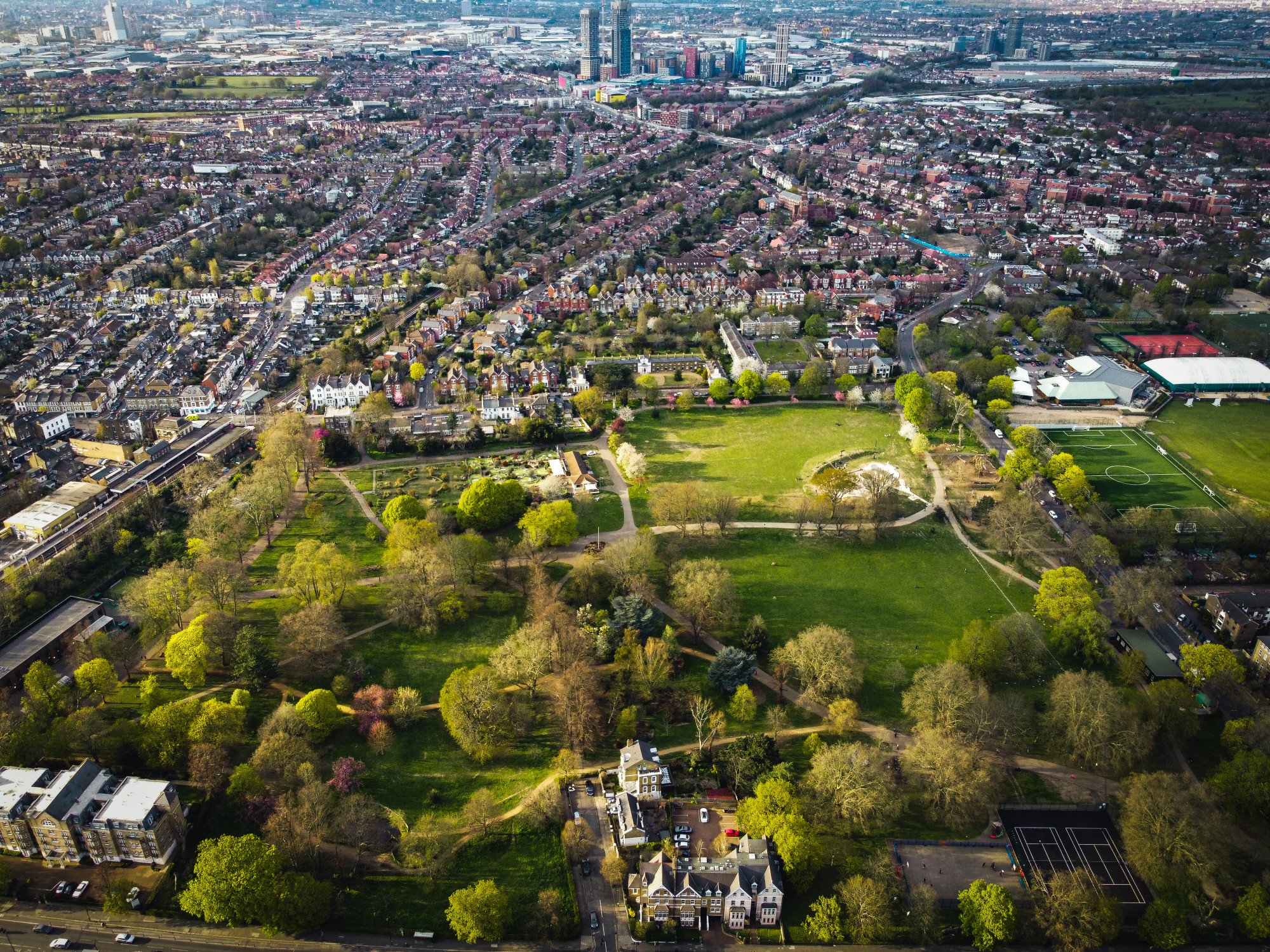
US dollar strength lets Hong Kong investors go back to the future
- When the US dollar surges on the foreign exchanges, as it is now, the Hong Kong dollar also gains in value against other major currencies
- This strength spells opportunity for Hong Kong investors who want to diversify their portfolios abroad
When the US currency is surging on the foreign exchanges, as it is now, the Hong Kong dollar also gains in value against other major currencies. Its capacity to weaken against the rising US dollar is always limited by a system that obliges the Hong Kong Monetary Authority to ensure that Hong Kong’s currency does not stray outside a range of HK$7.75 to HK$7.85 to the US dollar.
Back then, Greenwood’s proposal was aimed at devising a scheme to avert Hong Kong dollar weakness, but his solution to that problem remains the basis of the linked exchange rate system to this day. In the current circumstances of broad US dollar strength, this is evidenced in accompanying Hong Kong dollar appreciation against many major currencies.
That Hong Kong dollar appreciation means that Hong Kong investors looking to invest overseas get a large amount of bang for their Hong Kong bucks. The British pound-Hong Kong dollar exchange rate is a case in point.
In truth, the idea of Hong Kong investors moving to buy sterling-denominated assets is hardly a novel concept. Hongkongers have long been investing in British property and companies.
Birmingham rises as cheaper option for Hong Kong’s BN(O) movers
Some might take the view that the night is always darkest before the dawn, but there are not many things in 2022 that you can buy at 1985 prices. Yet, Hong Kong investors can now do just that when acquiring sterling.
But let’s not get too focused on the British pound. A similar argument could be made in Europe about the euro-Hong Kong dollar exchange rate, but the fact of the matter is that when the US dollar is soaring, the linked exchange rate system is the gift that keeps on giving for Hongkongers looking to invest overseas. From an exchange rate perspective, its workings mean Hong Kong companies and residents who might be minded to diversify their investment portfolios internationally have plenty of options.

Given the US dollar’s current broad strength, Hong Kong investors who might prefer to diversify into closer geographical markets could be inclined to look at Japan, the Philippines or South Korea.
Cash-rich Hong Kong investors in 2022 are in the enviable position of being able to purchase international assets in many overseas markets at advantageous exchange rates that have not been seen for decades.
Neal Kimberley is a commentator on macroeconomics and financial markets

